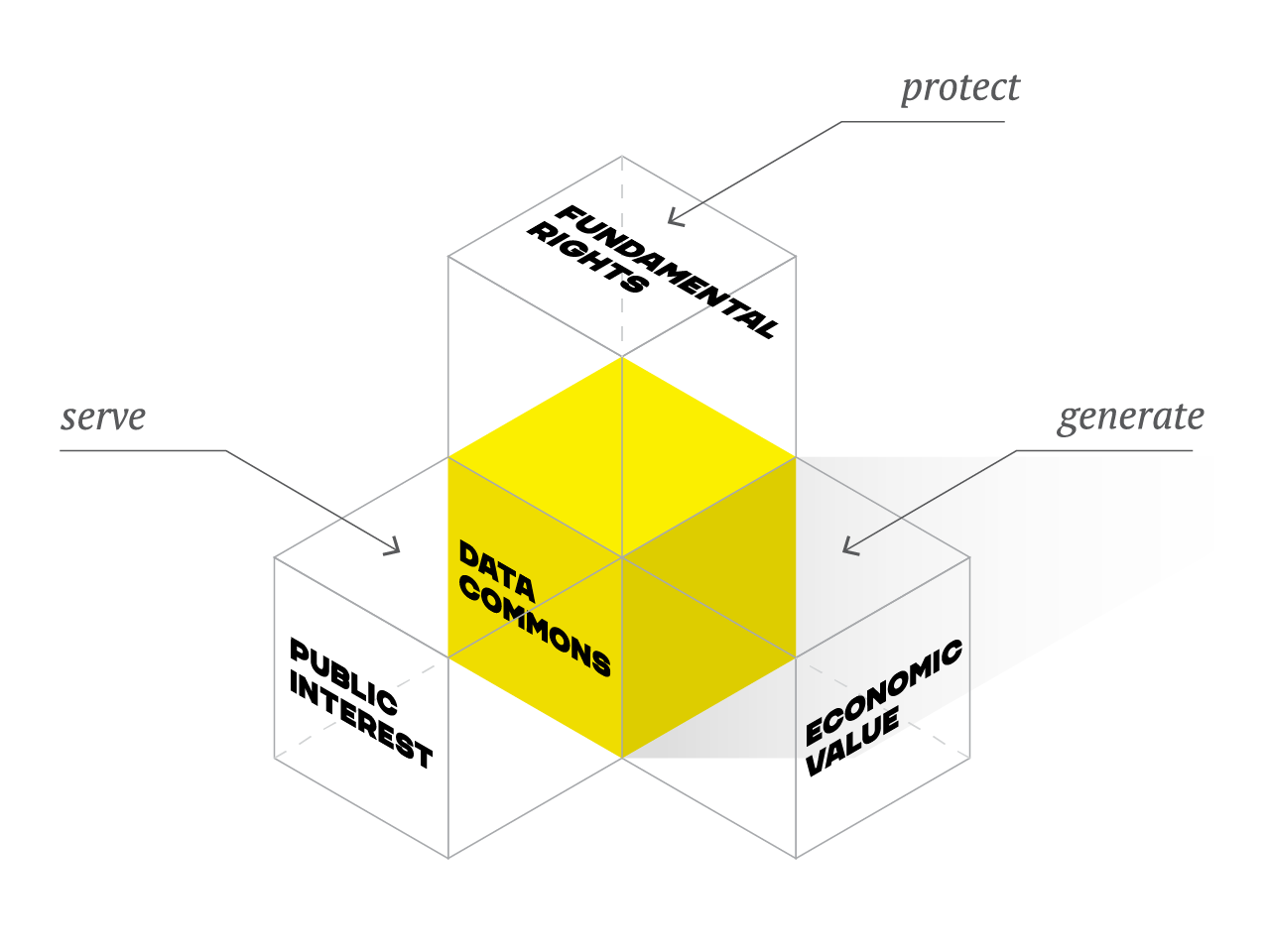The Data Commons are a key enabler of Europe’s digital transformation
Yesterday, the Center for European Policy Studies (CEPS) published “Enablers and challenges of the digital transition in the EU” – a policy brief with “Key recommendations for innovative business ecosystems, effective implementation of new rules, and a skilled workforce for the future.” The policy brief, authored by Nadina Iacob and Clément Perarnaud, contains a series of recommendations drafted by the Making the Digital Transition Work for Everyone working group of the CEPS Forum on the Future of European Industry.
The new policy brief examines issues at the intersection between the Digital Decade Strategy and the European data strategy. The policy brief outlines
challenges and recommendations in three areas to foster the digital transition in the EU: i) how new business models driven by data are emerging, and their potential to transform industrial ecosystems; ii) the importance of ensuring the coherence of the emerging rules to govern the data economy as well as preparing for their implementation; and iii) the changing nature of work in digitised value chains.
Open Future contributed to the working group discussion on Governance of data spaces, and we are pleased to see that key parts of our input are reflected in the working group’s final recommendation #4 (‘Fostering data sharing in the public interest and empowering citizens’):
The initiatives for governing the data economy are rooted in the importance of trustworthy and citizen-centric systems, from development through implementation and enforcement, as outlined in the overarching Data Strategy communication.
As suggested by the Open Future Foundation, there is a need for stronger B2G data sharing in the public interest. Currently, the Data Act fails to meet the main goals of B2G for public good, due to a narrow sharing mandate limited only to situations of public emergency and exceptional need. Instead, more should be done to establish a mechanism for private data that is shared for public interest purposes other than public emergencies, for instance via the introduction of the European Public Data Commons, a European body acting as a recipient and clearinghouse for the data made available by businesses.
These concepts continue to underpin our work on the Data Act proposal, which is currently being discussed in both Parliament and Council. As such, they are more relevant than ever, especially in the light of efforts from lawmakers to further limit the scope of Business-to-Government data sharing by introducing additional restrictions into the text and defining B2G data sharing as “a measure of last resort.”
As underlined by the CEPS policy brief, a robust framework for B2G data sharing is a precondition for ensuring that public institutions and policymakers can fulfill their mandates in an increasingly data-driven world. In our Data Commons primer we argue that for Europe to make the digital transition work for everyone, it will be necessary to build frameworks that are designed to serve the public interest, in addition to economic value generation and fundamental rights protection.





